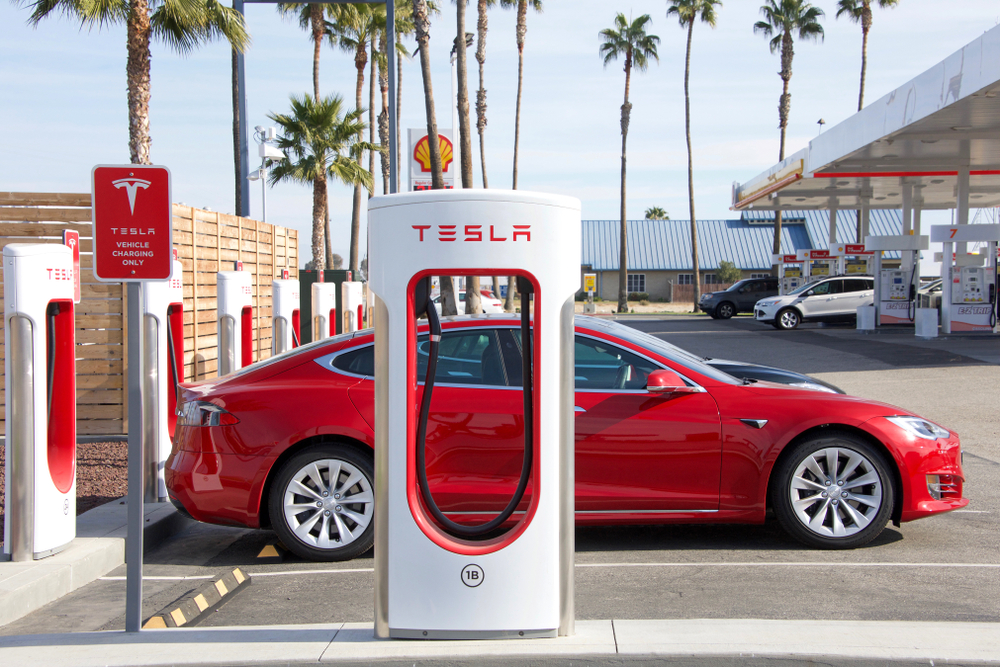The Indonesian government is committed to improving its electric vehicle (EV) ecosystem and is currently trying to woo the industry giants to invest in the country. On Monday, an official from the Coordinating Ministry for Maritime and Investment Affairs said that Tesla had reached out informally for a possible venture. “[The talk] is still in an early stage and not very detailed yet. We still need further discussion with Tesla,” said the ministry’s senior official Ayodhia G. L. Kalake in a statement.
He added that there are other foreign investors injecting capital for EV production in Indonesia, such as South Korean automaker Hyundai who has started building a USD 1.55 billion EV factory. However, unlike Hyundai, Tesla is just interested in the country’s nickel—a crucial metal for producing cheaper and fast-charging batteries for EVs.
Luhut Binsar Panjaitan, the minister in charge, has been feeding the news about Tesla’s interest since September. “I just received a call from Tesla in America, who is interested in building a lithium battery plant in Indonesia, because they see that Indonesia has the largest nickel ore reserve in the world,” he said on September 9, as quoted by local media Tempo.co.
In November 2019, Panjaitan even met with representatives from Tesla and other car companies such as Volkswagen, Mercedes-Benz, and BMW to talk about a lithium battery investment in the country.
Indonesia has been playing the nickel card to lure foreign investors for some time now. It stopped exports of unprocessed nickel ore in October 2019 forcing EV makers and battery producers to build their plants in Indonesia in order to gain access to the raw materials. The end goal is to trigger an influx of investments along the supply chain that could accelerate the development in the nascent domestic EV industry.
So far, the government said that it secured lithium battery plant deals from South Korean LG Chem and China’s Contemporary Amperex Technology (CATL) in September.
Tesla has been on the hunt for a nickel source as the company tries to ramp up production of trucks and solar projects. However, CEO Elon Musk said that it faced difficulties to secure the metal from sustainable sources. Musk later promised a “giant contract” to miners that produce nickel in an “environmentally sensitive way.”
Indonesia might be aiming to achieve that, although with some problems. On the same day of Kalake’s Tesla comment, the country passed a controversial omnibus law, which has been criticized for weakening environmental safeguards in order to attract foreign capital. That might be counterproductive after all, as most of the large global companies—including Tesla—now prefer to invest in countries with solid sustainability standards.
